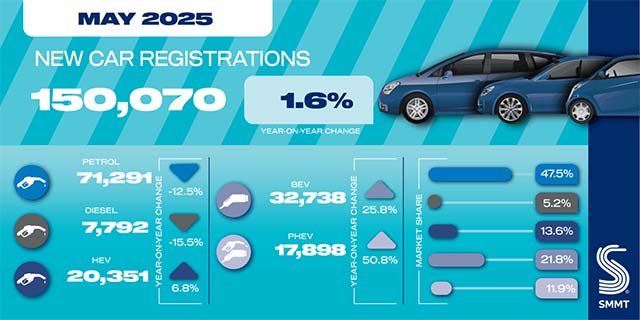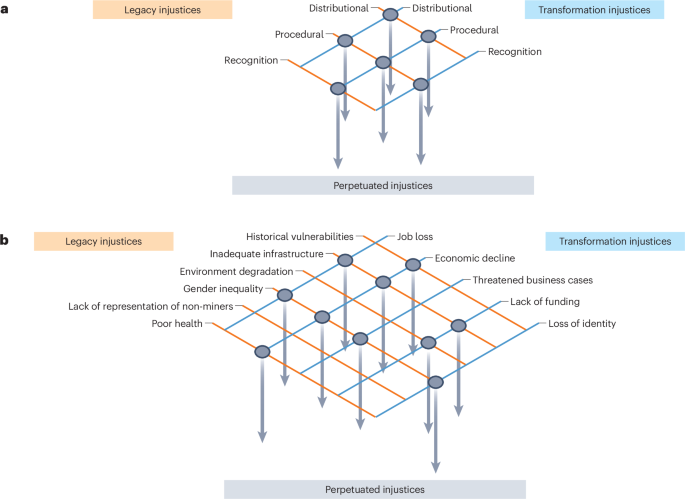Cleansing Public Debate
Cohen v. California properly rejected the assertion that the government has the power to "cleanse" public debate by proscribing the public use of the word "fuck" in political expression. Private entities--newspapers, in particular--are of course different. But when they police public discussion by substituting their words for those uttered by others, which the newspaper editors believe (whether for moral or profit-related reasons) shouldn't be printed, they can distort the sense of the utterances.Newspapers and others have developed some workarounds--"the N-word" being the most prominent, "effing" or "the F-bomb" being another, with "the C-word" and (I suspect) "the K-word" on the rise. I've commented here on a puzzle about these workarounds: It seems that the concern is not with the cognitive effects of the "proscribed" words but with something like their auditory impact. I'm provoked to make these comments because two separate articles in today's New York Times deliberately misquote Philip Larkin's great poem "This Be the Verse,"with its first line,"They fuck you up, your mum and dad." Both times "mess"is substituted for "fuck." In one appearance the line is set in italics, signaling that it's apparently a direct quotation, though in the paragraph following the author uses the phrase "a slightly altered version" of that line (an odd phrasing, in that "mess you up" is an altered version of Larkin's line). Good poets choose their words carefully, and Larkin's choice pretty much hits you over the head with the double meaning of "fuck you up," absent (unless I'm completely out of touch with common usage today) from "mess you up" (or at least,"not present without the reader doing a lot more cognitive work than Larkin's version requires"--I can come up with real-world settings in which "mess around" is a substitute for "fuck").I'm willing to go with the "seven dirty words" decision on the ground that sometimes it's not nice to let small children hear the word "fuck." And, more broadly, in some social settings--family dinners being the one that comes immediately to mind--everyone should probably think twice about using the word. But in print, and in connection with public affairs, reporting that Joe Biden said that Obamacare was a "big fucking deal," not a "big effing deal," and that cabinet members and Elon Musk shouted "Fuck you" at each other, or "Fuck off," and not "Eff you," seems to me a matter about which the public probably ought to be informed directly, without weasel words.
Cohen v. California properly rejected the assertion that the government has the power to "cleanse" public debate by proscribing the public use of the word "fuck" in political expression. Private entities--newspapers, in particular--are of course different. But when they police public discussion by substituting their words for those uttered by others, which the newspaper editors believe (whether for moral or profit-related reasons) shouldn't be printed, they can distort the sense of the utterances.
Newspapers and others have developed some workarounds--"the N-word" being the most prominent, "effing" or "the F-bomb" being another, with "the C-word" and (I suspect) "the K-word" on the rise. I've commented here on a puzzle about these workarounds: It seems that the concern is not with the cognitive effects of the "proscribed" words but with something like their auditory impact.
I'm provoked to make these comments because two separate articles in today's New York Times deliberately misquote Philip Larkin's great poem "This Be the Verse,"with its first line,"They fuck you up, your mum and dad." Both times "mess"is substituted for "fuck." In one appearance the line is set in italics, signaling that it's apparently a direct quotation, though in the paragraph following the author uses the phrase "a slightly altered version" of that line (an odd phrasing, in that "mess you up" is an altered version of Larkin's line). Good poets choose their words carefully, and Larkin's choice pretty much hits you over the head with the double meaning of "fuck you up," absent (unless I'm completely out of touch with common usage today) from "mess you up" (or at least,"not present without the reader doing a lot more cognitive work than Larkin's version requires"--I can come up with real-world settings in which "mess around" is a substitute for "fuck").
I'm willing to go with the "seven dirty words" decision on the ground that sometimes it's not nice to let small children hear the word "fuck." And, more broadly, in some social settings--family dinners being the one that comes immediately to mind--everyone should probably think twice about using the word. But in print, and in connection with public affairs, reporting that Joe Biden said that Obamacare was a "big fucking deal," not a "big effing deal," and that cabinet members and Elon Musk shouted "Fuck you" at each other, or "Fuck off," and not "Eff you," seems to me a matter about which the public probably ought to be informed directly, without weasel words.

















































































































































